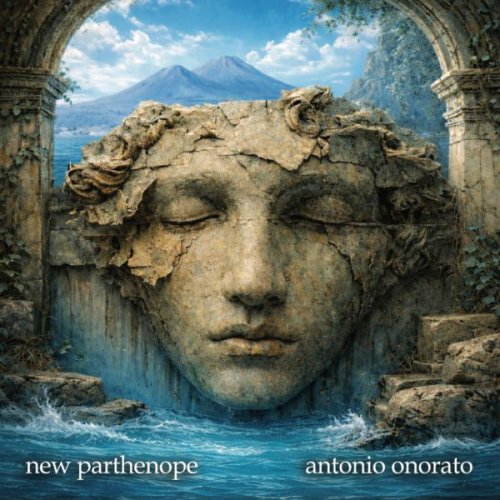La Simphonie du Marais, Hugo Reyne - Charpentier - Musiques pour les comedies de Moliere (2012)
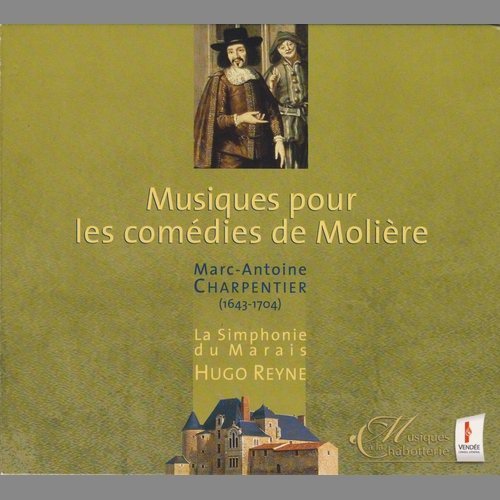
Artist: La Simphonie du Marais, Hugo Reyne
Title: Charpentier - Musiques pour les comedies de Moliere
Year Of Release: 2012
Label: Musiques à la Chabotterie
Genre: Classical
Quality: FLAC (image+.cue,log,scans)
Total Time: 63:33
Total Size: 410 Mb
WebSite: Album Preview
Tracklist: Title: Charpentier - Musiques pour les comedies de Moliere
Year Of Release: 2012
Label: Musiques à la Chabotterie
Genre: Classical
Quality: FLAC (image+.cue,log,scans)
Total Time: 63:33
Total Size: 410 Mb
WebSite: Album Preview
1. Ouverture
2. Ouverture
3. Les maris
4. Dialogue (haute-contre, taille) « mon compère en bonne foi »
5. Les bohémiennes - sarabande et gigue
6. Air (basse) « les rossignols dans leurs tendres ramages »
7. Scène I (sganarelle, géronimo) « je suis de retour dans un moment »
8. Trio grotesque (haute-contre, taille, basse) « amants aux cheveux gris »
9. Menuet
10. Air (taille) « belle ou laide, il n'importe guère »
11. Scène V (marphurius, sganarelle) « que voulez-vous de moi »
12. Le songe
13. Air (haute-contre) « ah ! quelle étrange extravagance »
14. Gavotte
15. Trio (haute-contre, taille, basse) « la, la, la, la, la, bonjour »
16. Les grotesques
17. Trio (haute-contre, taille, basse) « ô, la belle symphonie ! »
18. Ouverture
19. Prologue : chanson contre les médecins (haute-contre) « votre plus haut savoir »
20. Prologue : les satyres
21. Premier intermède : fantaisie
22. Premier intermède : polichinelle « ô amour »
23. Premier intermède : fantaisie avec les interruptions
24. Premier intermède : polichinelle « par ma foi, cela me divertit »
25. Premier intermède : un archer « qui va là, qui va là ? »
26. Premier intermède : air des archers avec les interruptions polichinelle « qui va là ? »
27. Premier intermède : spacamond et un archer « nous le tenons »
28. Premier intermède : air pour les coups de bâtons
29. Premier intermède : air des archers
30. Premier intermède : spacamond « notte e dì V'amo e V'adoro »
31. Premier intermède : la vieille « zerbinetti, ch'ogn'hor con finti sguardi »
32. Premier intermède : air de violons
33. Premier intermède : chaconne des polichinelles chassés par les arlequins
34. Ouverture
35. Les esclaves
36. Air (haute-contre) « beauté, dont la rigueur »
37. Air (basse) « voulez-vous beauté bizarre »
38. Duo (taille, basse) « heureux matous »
39. Bonus : trio des rieurs
40. L'âge de sganarelle (bêtisier)
41. La bastonnade du philosophe (bêtisier)
42. Les chats bottés (bêtisier)
Performers:
Romain Champion, haute-contre
Vincent Bouchot, taille
Florian Westphal, basse
Les Solistes du Marais
La Simphonie du Marais
Hugo Reyne, conductor
It would not, perhaps, be too much of a stretch to think of Marc-Antoine Charpentier as a sort of late 17th century Poulenc. Poulenc is known for two distinct artistic faces, one a comedian of the zaniest sort, and the other capable of expressing the most profound emotional depth. Charpentier's work lay in almost complete obscurity for nearly two centuries when in the late 20 century it began being brought to light, revealing one of the most fertile and inventive musical minds of the Baroque. He has been known almost exclusively for his religious music, and particularly for his gift for expressing the darkest grief. His lighter music has taken longer to catch on, but it exposes a broad and sometimes wicked sense of humor. (His most outrageous piece, Epitaphium Carpentarii, using his own text, is a faux-serious memorial cantata written in honor of his own deceased self that parodies, almost blasphemously, the liturgical music at which he excelled, and that shamelessly mocks his most despised professional rival.) The pieces here are considerably milder in their bite, but effective nonetheless. The album features overtures, dances, songs, and ensembles he wrote for Molière's comedies. The music encompasses the full range of the drama, so not every track is a knee-slapper, but some of the vocal ensembles are surprisingly goofy. The most substantial set of pieces comes from the music for Le Malade imaginaire, Molière's last comedy, and the quality of the incidental pieces is consistently high; the music is melodically inventive, with colorful instrumental writing, and the tone is often fancifully silly. The sections of underscored spoken dialogue are among the most entertaining, and best illustrate the composer's gift for comedy. It helps that the music receives an exceptionally spirited performance, both musically and dramatically from Hugo Reyne leading Les Solistes du Marais and La Simphonie du Marais. Listeners shouldn't expect singers of international stature; these are very fine ensemble singers, though, who are accomplished at comedy, and there is plenty of mugging that seems perfectly in character in the material. These lively performances make an excellent introduction to Charpentier's lighter side.
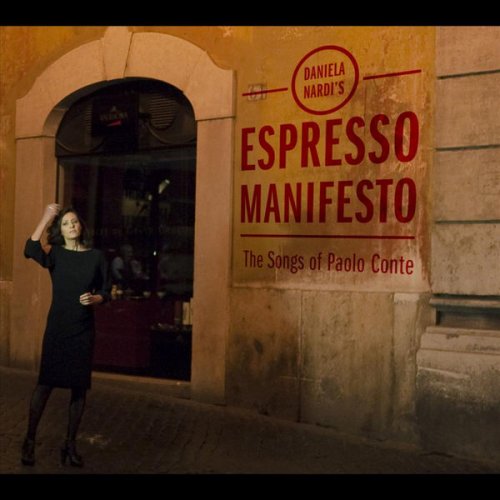
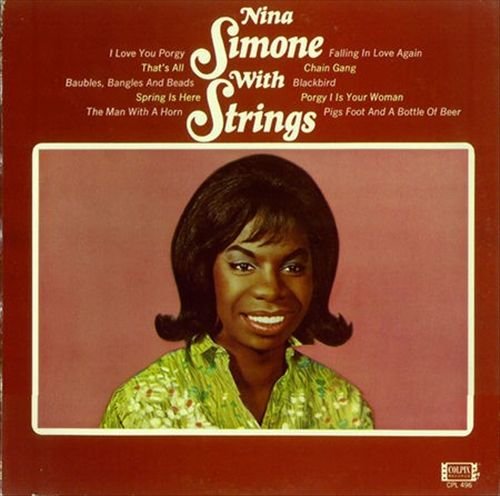
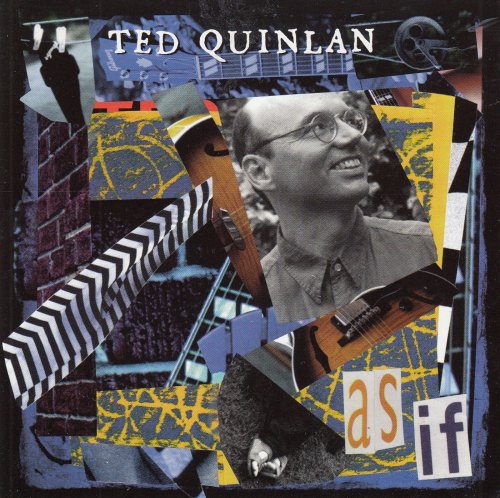
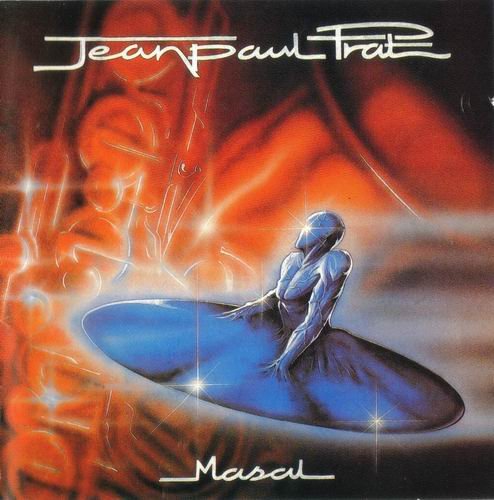
![Steve Kuhn & Karin Krog - Break of Day (2015) [Hi-Res] Steve Kuhn & Karin Krog - Break of Day (2015) [Hi-Res]](https://www.dibpic.com/uploads/posts/2026-02/1770024915_m8pa28e6on0ia_600.jpg)
![Jamhunters - Smoothest Hits (20 smooth years) (2026) [Hi-Res] Jamhunters - Smoothest Hits (20 smooth years) (2026) [Hi-Res]](https://www.dibpic.com/uploads/posts/2026-02/1770353356_vo4tf6d4yjji2_600.jpg)
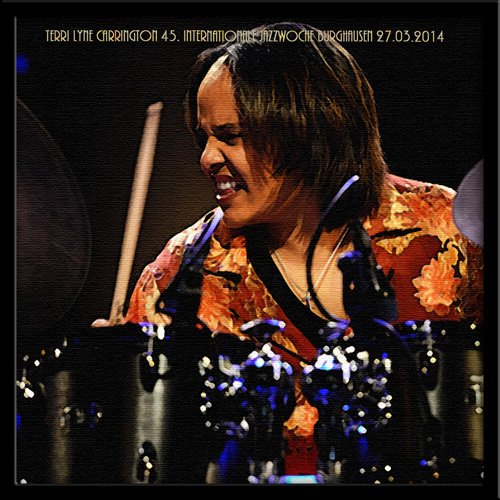
![Cory Wong - Lost In The Wonder (2026) [Hi-Res] Cory Wong - Lost In The Wonder (2026) [Hi-Res]](https://www.dibpic.com/uploads/posts/2026-02/1770057207_cover.jpg)
